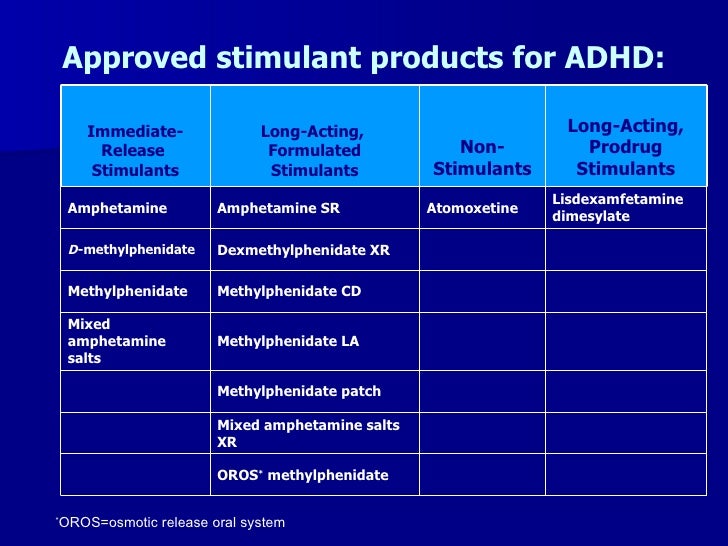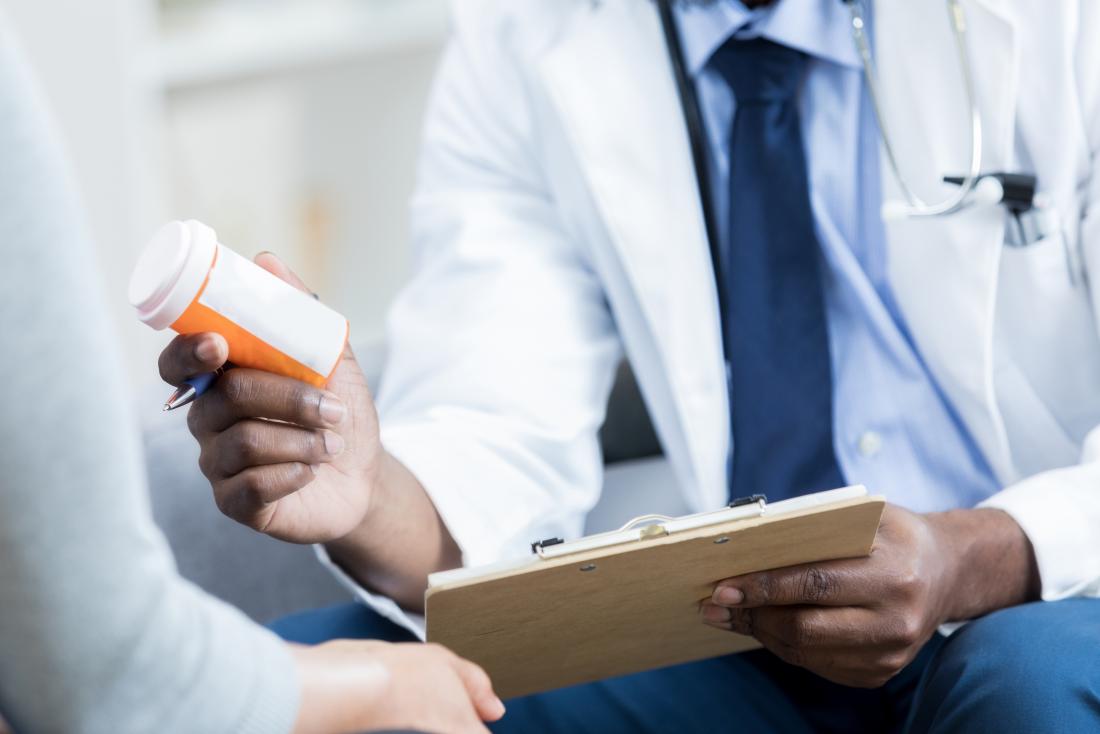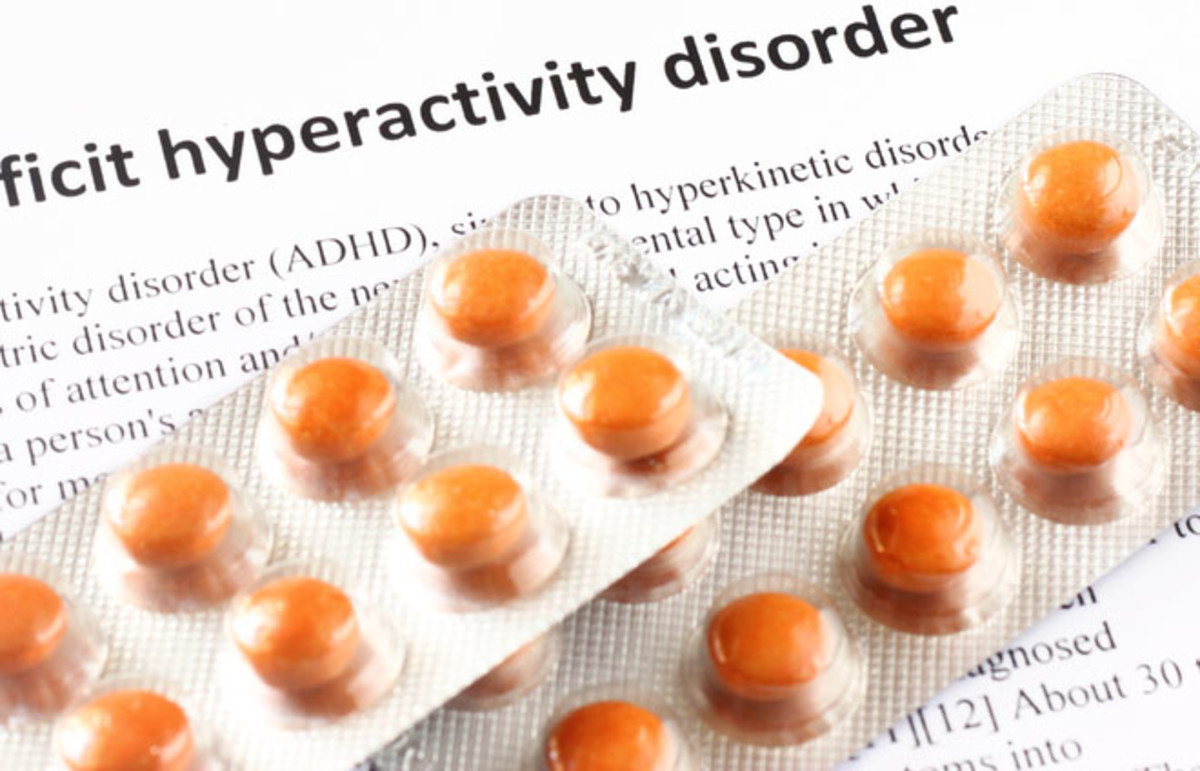

The majority of the doubly-disappointed remainder will respond to further trials. After two medication trials, nine out of ten people will demonstrate a promising response.
#BEST ADHD MEDICATION FOR ADULTS TRIAL#
If you experienced no improvements on a methylphenidate-based medication, you might consider a trial of an amphetamine-based medication or a nonstimulant such as atomoxetine. If you are in the disappointed 20 percent, you still have an 80 percent chance of a promising response to a different medication. Subsequent adjustments are usually necessary to achieve “best fit.” The result of a first trial will be either promising or disappointing based on both efficacy and tolerability.

Or it can last too long or not long enough. We say a medication is effective if it significantly reduces ADHD symptoms, but that doesn’t make it “the right medication.” A medication can work very well on the one hand, but have side effects that aren’t compatible with continued use. Moderate reductions in ADHD symptoms usually do not achieve the degree of improvement that most people hope for, so further modifications in the regimen are needed-coaching, CBT, additional medications, exercise, sleep rhythm therapy, etc.-to achieve real-life satisfaction. About 10 percent of the 80 percent typically discontinue the medication because of side effects, so the satisfaction rate is more like 70 percent. Technically, it means that 80 percent of participants in drug trials experienced moderate or large reductions in ADHD core symptoms. “Eighty percent efficacy” needs definition. But we cannot know ahead of time if you are in the improved 80 percent or the disappointed 20 percent until we do a trial. It is often said that the “best” medications have an 80 percent efficacy rate, which is actually quite high in the larger world of prescription medication efficacy testing. We purposefully give medications at doses that are too low, then too high, just to be sure that we are dosing at the sweet spot. It is understood that there will be “errors” in a trial-and-error process.

It usually takes three to six months with monthly visits to the prescribing professional. In 2020, medication selection for ADHD is still an imperfect process that it is largely based on trial and error.
#BEST ADHD MEDICATION FOR ADULTS HOW TO#
The best answer I’ve found is a redirection: “I don’t know which regimen is best for you, but I know how to help you find it.” Medication selection is a process The right answer might be “The one that works,” but that is a bit glib. I am often asked, “What is the very best medicine for ADHD?” Some simple questions have very complex answers.


 0 kommentar(er)
0 kommentar(er)
